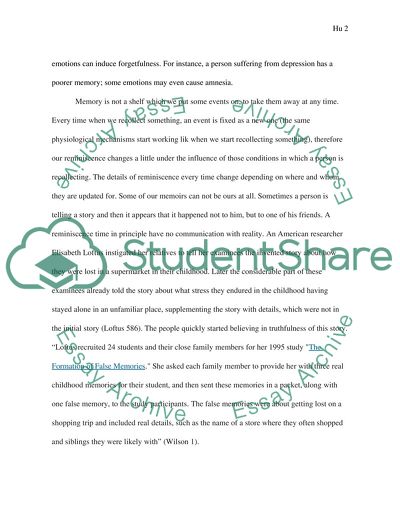Cite this document
(How Reliable is Human Memory Case Study Example | Topics and Well Written Essays - 2000 words, n.d.)
How Reliable is Human Memory Case Study Example | Topics and Well Written Essays - 2000 words. Retrieved from https://studentshare.org/psychology/1863080-how-reliable-is-human-memory
How Reliable is Human Memory Case Study Example | Topics and Well Written Essays - 2000 words. Retrieved from https://studentshare.org/psychology/1863080-how-reliable-is-human-memory
(How Reliable Is Human Memory Case Study Example | Topics and Well Written Essays - 2000 Words)
How Reliable Is Human Memory Case Study Example | Topics and Well Written Essays - 2000 Words. https://studentshare.org/psychology/1863080-how-reliable-is-human-memory.
How Reliable Is Human Memory Case Study Example | Topics and Well Written Essays - 2000 Words. https://studentshare.org/psychology/1863080-how-reliable-is-human-memory.
“How Reliable Is Human Memory Case Study Example | Topics and Well Written Essays - 2000 Words”. https://studentshare.org/psychology/1863080-how-reliable-is-human-memory.


